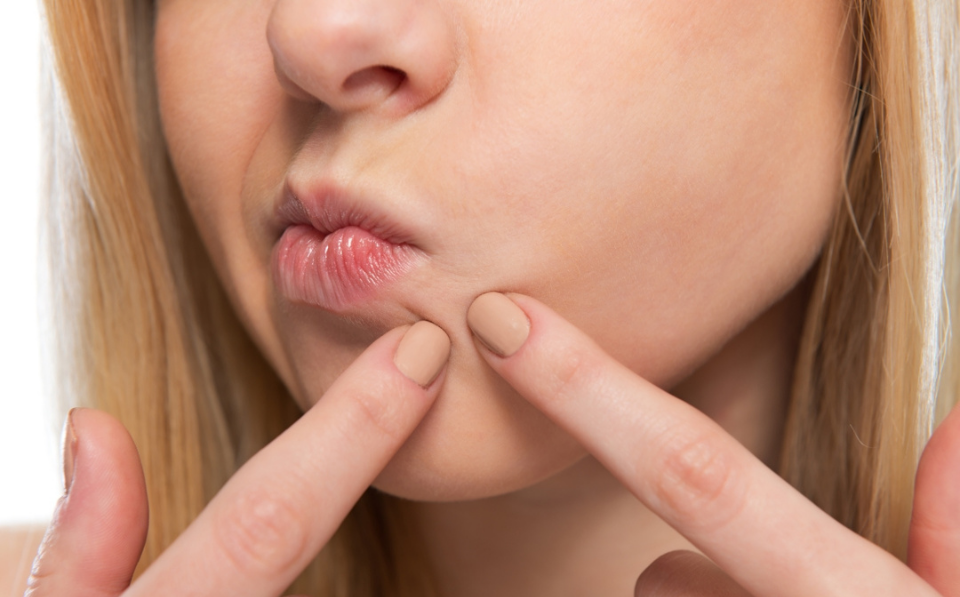
Your skin is the biggest organ of your body. It protects your internal organs, bones and muscles, and holds everything in us together.
The skin is one of the first impressions about us to others, and teenagers find it really embarrassing when they have acne. This is because they are becoming more aware of themselves and take every chance to be the best to create a good impression.
Acne occurs during the adolescent years and can continue to adulthood. It mainly affects the face, chest, shoulders, and back.
What is acne?
At puberty, the body starts to produce a hormone called androgen. This hormone stimulates sebum, an oily substance that combines with dead skin cells and hair in the hair follicle, the skin opening. When this combination of oil, dead skin cells and hair stays together in a follicle, it causes pressure that can burst open and make the skin inflamed. The inflammation can also be influenced by the bacteria called Propionibacterium acnes or P. Acnes.
Acne is also caused by genetics, all based makeup, some medications, and pregnancy.
Pimple in a breakout usually occurs in three types including:
- Blackheads that appear as black dots on the surface of the skin, which cannot be scrubbed away
- Whiteheads which are tiny and hidden under the skin
- They are more visible, full of pus and painful. They can even cause scars.
What you must know before treating acne
Acne occurs in various degrees, and all of them cannot be treated with the same recommendation. Each person has varying degrees of acne; some get better or worse. So, before choosing the type of treatment for acne to use, consider this
- Decide whether you want to reduce the breakout, limit the acne scarring, or prevent new breakout
- Know that treatment plans are gradual and require time and patience
- Dedicate to the procedure so that you can see if it is effective or causing side effects
- Avoid picking or irritating the acne; it can lead to more inflammation
- Avoid waxing, exfoliating and laser hair removal during the treatment
How to treat mild and moderate acne
- Mild acne
To treat this kind of acne, you can apply over-the-counter topical medications directly to your skin. Most of these products contain benzoyl peroxide, resorcinol, sulphur and salicylic acid.
Sulphur, resorcinol, and salicylic acid can break down black and whiteheads, while benzoyl peroxide is known to reduce oil production, kill bacteria and clear pores. Salicylic acid is also known to fight inflammation.
To make your treatment more effective
- Use cream if you have irritated or dry skin
- Use a gel-based acne product if you have oily skin
- Mostly used acne products at night. However, read the instructions on the product package for the best information
- If the gel or cream treatment does not improve the acne, ask your doctor to prescribe oral antibiotics. Medications like those for MRSA can work for acne.
- Take the prescribed medications as long as your doctor prescribes it
- You may need to combine the treatment, both oral and topical, to see which works. Remember that you need attention and patience here.
- You may need to wait for up to 6 to 12 weeks before seeing results
Moderate acne
- First, treat moderate acne with over-the-counter topical treatment and contact your doctor if you do not see any improvement.
- Your doctor may ask you to use topical gels or cream for a while and use antibiotics when you have acne flare-ups
- If your doctor prescribed antibiotics, ensure you take it for as long as it is prescribed
- Ask your medical team about the potential side effects of the antibiotics, as some of them may stain the teeth or cause other side effects.
How to treat severe acne
If you have severe acne, contact your doctor. You may need treatment from a cosmetic doctor or plastic surgeon to reduce or prevent scarring.
General tips on how to control breakout
- Wash your face twice daily. Use warm water and subtle soap, and avoid scrubbing.
- Avoid bursting or popping pimples as it can worsen the acne
- If you use eyeglasses, clean them regularly
- Allow your skin to breathe. Avoid wearing tight skirts, sleeves, or headbands
- Acne can worsen when you expose your skin to the sun for a long time
- When shaving your face, do it carefully and wash the beard often with warm water. Always use a clean and sharp razor
- Avoid stress
- Ensure that your hair is clean and keep it from your face
- The hot and humid climate can worsen acne
- Do not use oil-based makeup and greasy hair products
The acne treatment process is unique from person to person. If you follow instructions and dedicate time to your treatment plan and ways of controlling breakouts, you can remedy the situation.
You can contact Fiore Aesthetics if you need acne treatment in London. Find out more here.






































